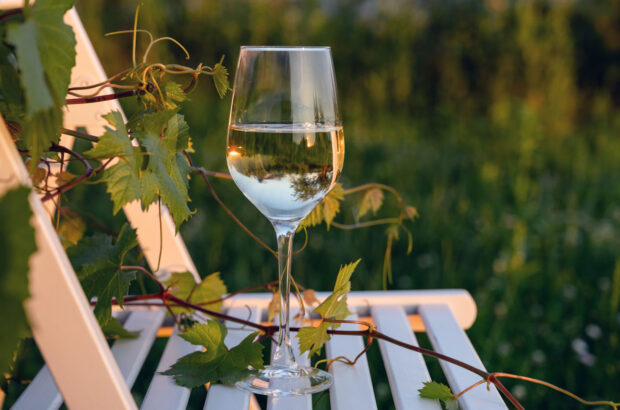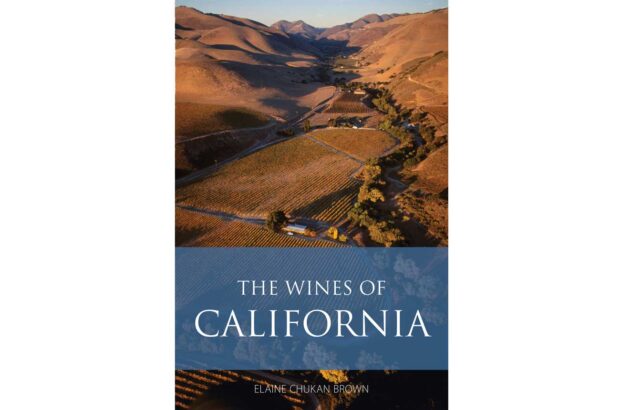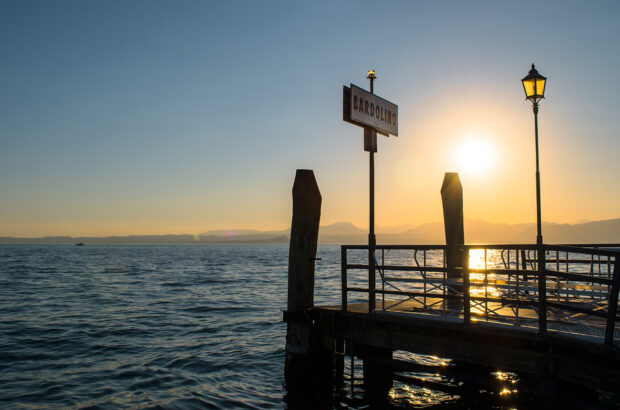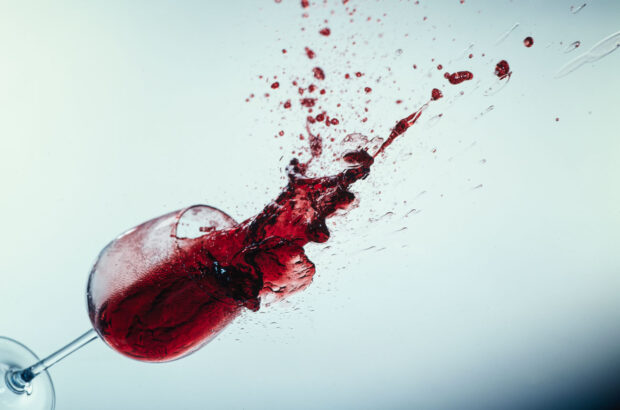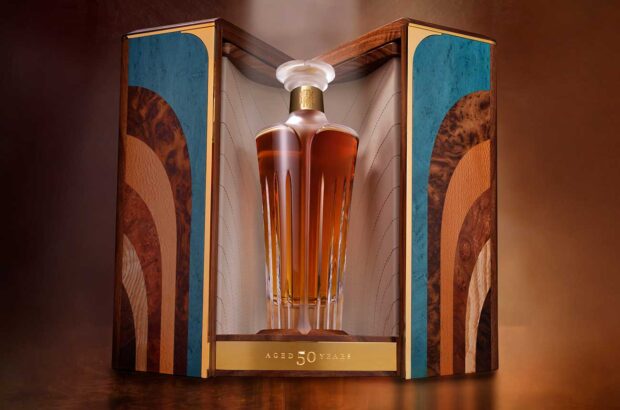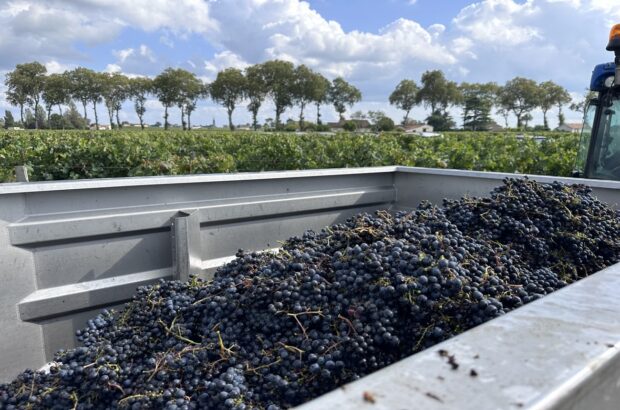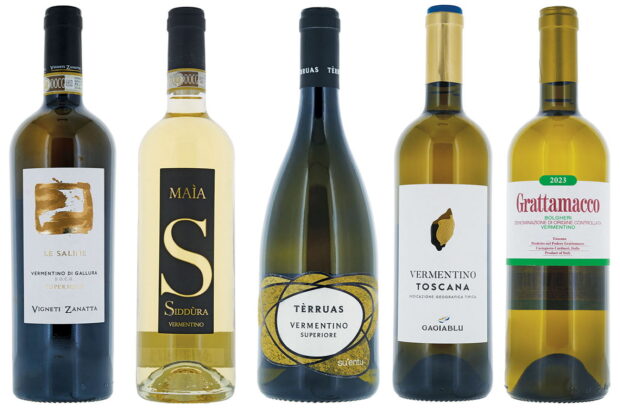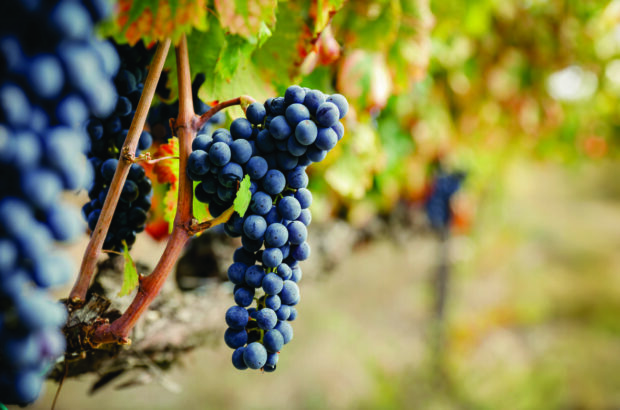In early February, French novelist and Bordeaux resident Philippe Sollers wrote an open letter to Alain Juppé, at that time the mayor of Bordeaux, to complain about the number of Chinese-owned châteaux that had changed the original names of their estates to something more palatable to their home markets.
He cited, among others, Châteaux Lapin Impérial, Lapin d’Or, Antilope Tibétaine and Grande Antilope; these were, respectively, Châteaux Larteau in Arveyres, Tour St-Pierre in St-Emilion, Sénilhac in St-Seurin-de-Cadourne and Clos Bel Air in Pomerol.
A key figure in the French intellectual protests of May 1968, Sollers, now aged in his 80s, has always liked to provoke a reaction. Even his Wikipedia entry says that his writings have sparked ‘argumentation, provocation and challenge’. So perhaps it shouldn’t be a surprise that in his letter to Juppé he wrote of his astonishment that the mayor of such an important city would allow names associated with Chinese folklore to become attached to terroir-driven wines of Bordeaux.
‘I have no great desire to learn about the life of these animals,’ he wrote, ‘as I have never met, during all my childhood in Bordeaux, even one imperial rabbit or Tibetan antelope. Is there no way to restore the original names that have been decided upon over centuries?’
Ignoring the fact that this may be slightly beyond a mayor’s remit, I would suggest that the predilection for changing the name of estates is simply carrying on centuries of Bordeaux tradition.
Château Canon in St-Emilion, for example, was once called Clos de St-Martin before changing to its current name (in honour of former owner, and infamous privateer, Jacques Kanon) all the way back in 1853. Château Certan-Giraud was renamed Château Hosanna in 1999 when bought by the Moueix family. More recently, Château Monbrun in Pomerol was renamed Château Séraphine after the Polish grandmother of owner Martin Krajewski. You can say the same of Prieuré-Lichine, Léoville Barton, Mouton Rothschild, Brane-Cantenac.
In fact, there is barely an estate in the entire Bordeaux region that hasn’t at some point had its name altered or entirely reinvented to suit the whims of whoever is installed at the time (and animal names are hardly unknown, with Cheval blanc the most obvious example). To target the Chinese in particular for doing the same thing seems disingenuous at best.
The rules on estate names are simple – you can only have one per château (except in specific cases where there is a long history involved) and you can choose whatever name you like, so long as it has not previously been registered to someone else.
But the fuss does, perhaps, highlight the inflammatory mood in France at the moment, with wealthy immigrants as much of a target as President ‘for the rich’ Macron. For nearly three months, the centre of Bordeaux has been brought to a standstill every weekend with the gilets jaunes (yellow jackets) protests. They see Bordeaux as a symbol – just as Paris – of the divide between the haves and have-nots.
Funnily enough, some of Sollers’ writings have been used in opinion pieces in French newspapers about the protests – not least because the demonstrations have been compared to the 1968 uprisings and because Sollers has written extensively about the underlying tensions in French society.
So he might be interested to learn that the protests have now spread to the vineyards. A few weeks ago, an email was sent from the Fédération des Grands Vins de Bordeaux to a number of châteaux warning that any estates associated with big business or wealthy owners, particularly in the Médoc, were now a target.
The Médoc is a strange and no doubt inflammatory mix of iconic estates with wealthy absentee owners and small towns with some of France’s highest unemployment rates. Something has to be done to better balance the two. But inflaming tensions with new arrivals is not the way to achieve it.
This column appeared in the May 2019 issue of Decanter. Jane Anson is currently tasting the Bordeaux 2018 vintage en primeur, with the full report and tasting notes coming to Decanter Premium later this month.



